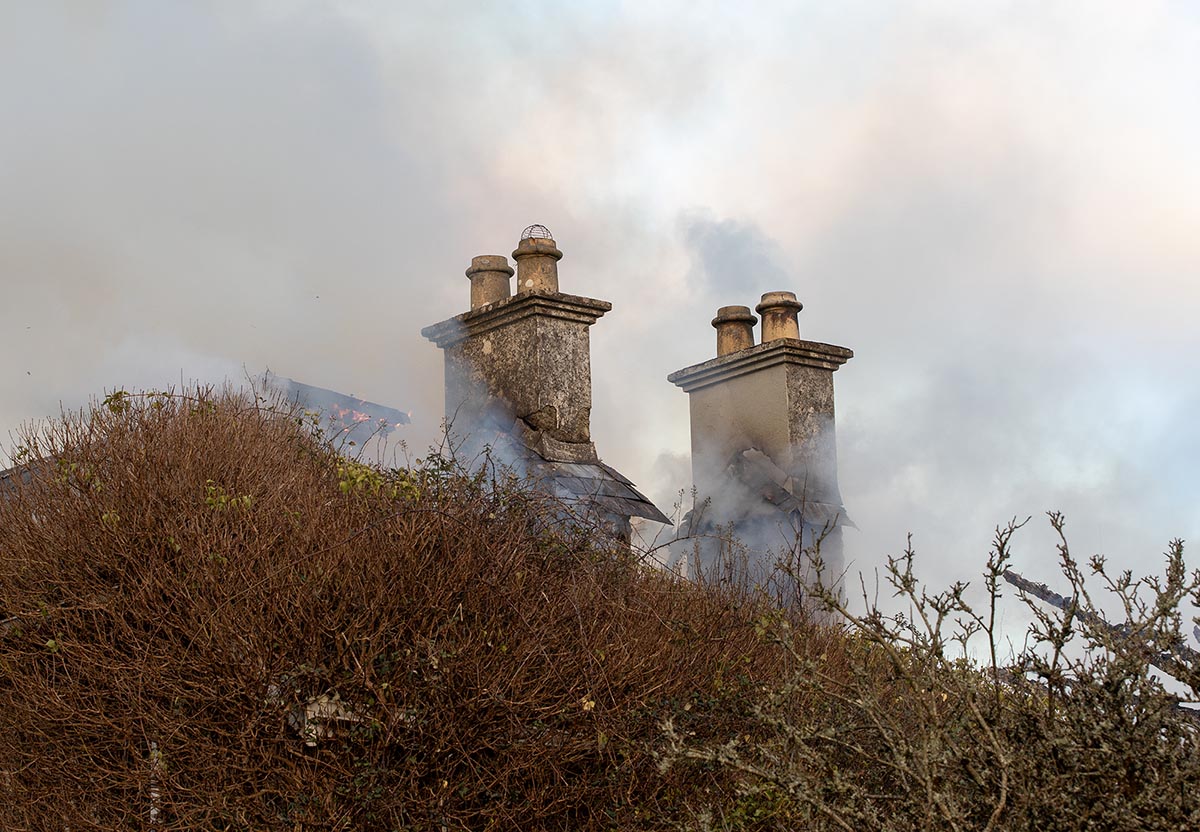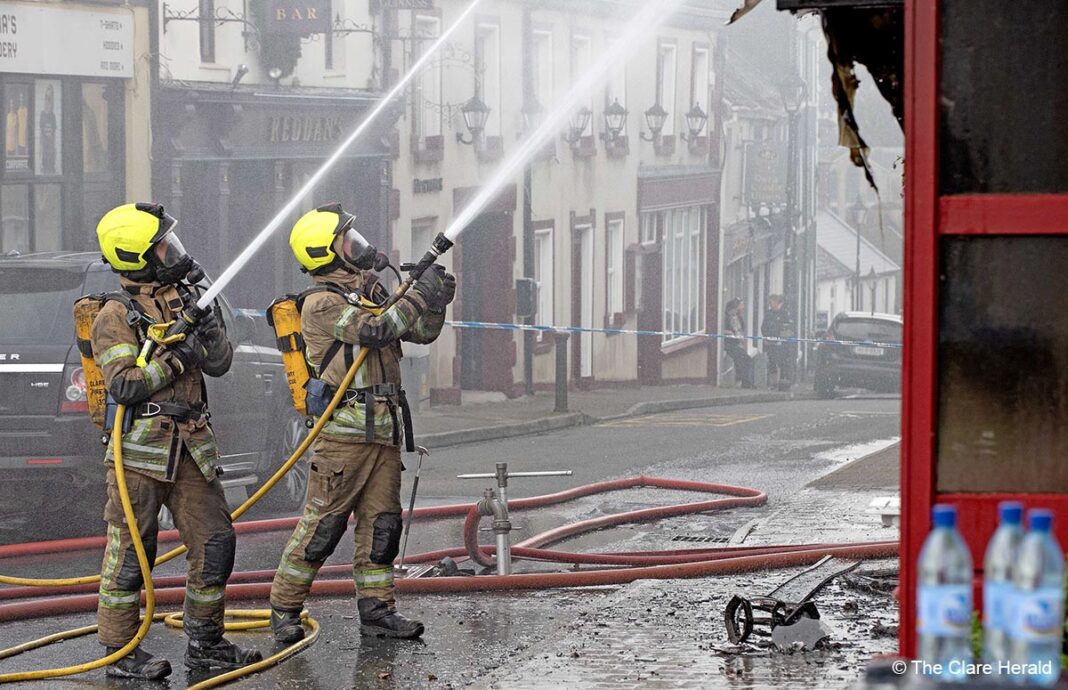Fire Safety Week, which gets underway today, is urging people to think about the potential fire risks in their homes and kicks off the start of a national “Stop Fire Starting” media advertising campaign across radio, TV and social media platforms which will play out throughout the rest of the year.
National Fire Safety Week (30 September – 06 October), which is a North/South event, focuses on enhancing fire safety particularly in the home. Latest data released by the National Directorate for Fire and Emergency Management (NDFEM) in the Republic of Ireland reveals that smoking materials, such as cigarette ash, were the most common cause of fire fatality in Ireland in 2023 and over 60% of fire fatalities were among those aged 65 and over. The incidence of serious house fires is much higher for older people living alone.
To accompany today’s launch of Fire Safety week, Minister for Housing, Local Government and Heritage Darragh O’Brien announced a €500,000 investment on a new primary schools’ programme in 2024 and a further investment of €250,000 in the Community Smoke Alarm Scheme; €100,000 of which will provide specially-adapted smoke alarms for the Deaf and hard of hearing to be distributed by local Fire Authorities.
Minister O’Brien said: “People can ensure that they and their loved ones are safe by identifying possible causes of fire in the home. Much of fire damage can be prevented by taking time to do routine fire safety checks, particularly at night, and following fire safety advice. By being aware of these causes and taking proactive measures, we can keep stop fires starting.
“As education in fire safety is so vital, we have invested €500,000 to roll out a new primary schools’ programme this year. We are also repeating our investment of €250,000 in providing smoke alarms to the more vulnerable members of our Community, which includes a €100,000 investment in providing specially adapted smoke alarms for the hard of hearing.
“We’ve also updated our dedicated fire safety website and are running a new media campaign to make people aware of the dangers of fire. We aim to create a culture of vigilance and awareness of fire-safety.”
At the launch held in Kildare and hosted by Kildare fire and Rescue, Keith Leonard, Director National Directorate for Fire and Emergency Management added: “We must be always alert if we are to eliminate potential hazards that could cause fire. Being vigilant, keeping mindful of fire safety and practising good fire safety habits is essential.
We encourage people to follow fire safety advice, do a routine fire safety check at night and have a working smoke alarm on every level of their home.”

Brian Stanfield, Assistant Chief Fire and Rescue Officer, Northern Ireland Fire and Rescue Service, explains: “Last year, NIFRS attended 728 house fires with cooking and electricity supply being the biggest causes. This Fire Safety Week we’re encouraging all households to consider the potential fire hazards in their homes. House fires can be devastating so there is real value in understanding the possible causes. We are advising households to have a clear fire escape plan and to carry out their own home safety checks as part of their bedtime routine, such as testing smoke alarms and unplugging sockets, to keep you and your loved ones safe.”
As always, the National Directorate for Fire and Emergency Managements is emphasising the need for WORKING smoke alarms in every level of the home and the need to test them regularly. The latest 2022 CSO Census Data showed that over 70,000 homes in Ireland are still without a working smoke alarm.
Fire Safety Week 2024 is run jointly by the National Directorate for Fire and Emergency Management (NDFEM) and Northern Ireland Fire and Rescue Services (NIFRS). Each year it focuses on fire safety in the home and this year it focuses on the causes of house fire – with the theme “we didn’t start the fire… but what did?”
Fire Safety Week also marks the kick off for an extensive “Stop Fire Starting” national media advertising campaign in the Republic of Ireland that will run from September 2024 through to spring 2025.
